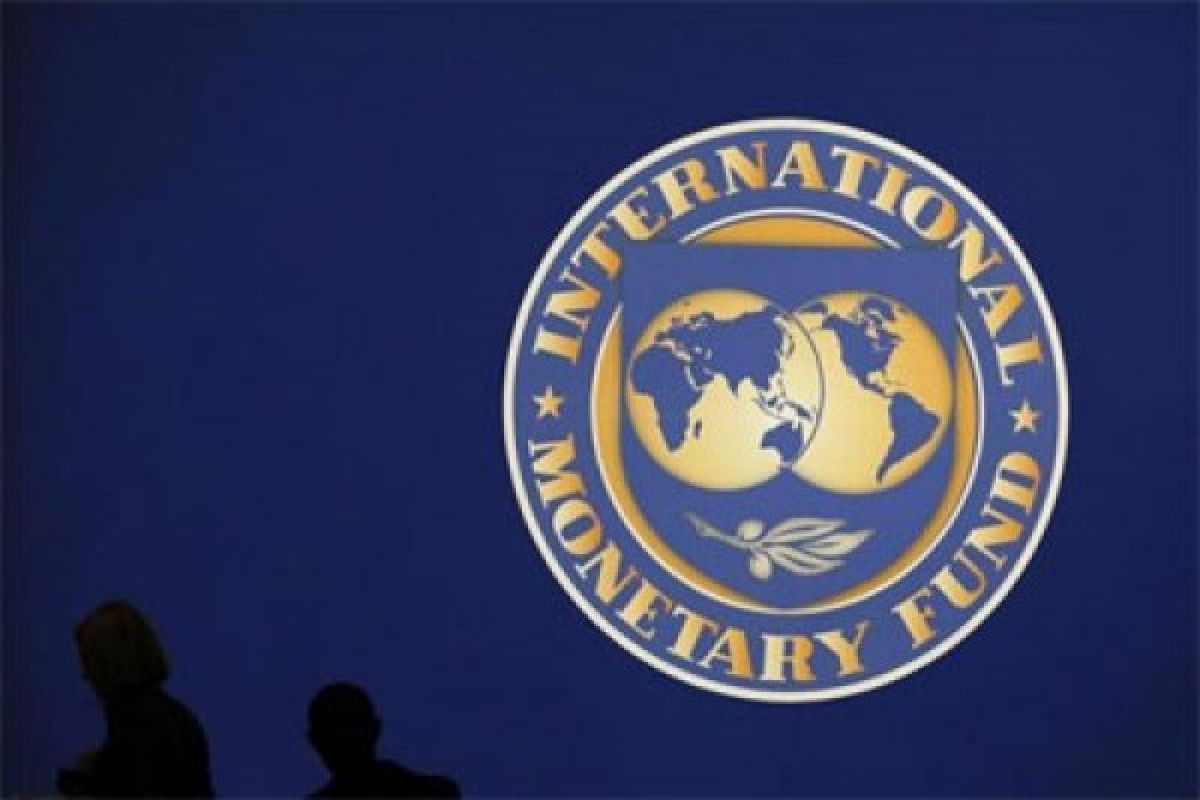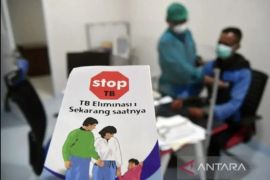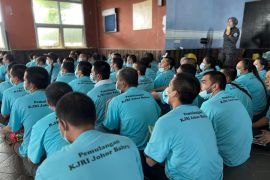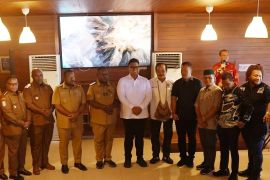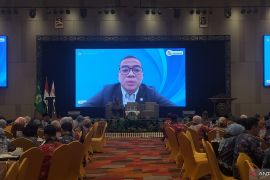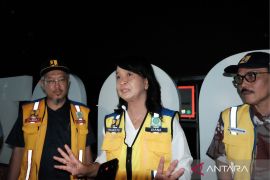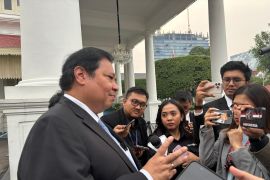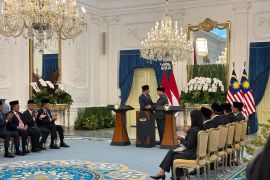"If we follow the pattern as if there were no IMF-WB, we expect Bali`s economic growth to be only 5.9 percent. With the IMF-WB, it will increase by 0.64 percent, and so we expect Bali`s economic growth at the end of 2018 to be 6.54 percent, " Brodjonegoro noted in the" Measuring the Impact of the IMF-WB "in Jakarta on Monday.
He explained that the additional growth of 0.64 percent came from the growth of 0.26 percent in the construction sector; other sectors recorded a growth of 0.21 percent; hotel sector recorded a growth of 0.12 percent; and food and beverage sector showed a growth of 0.05 percent.
Another indirect impact of organizing the IMF-WB Annual Meeting in Bali is the increase in the real GRDP value of Rp894 billion in 2018, to add to the overall Bali real GRDP of Rp1.2 trillion in the 2017-2019 period.
He added that these economic benefits, among others, came from the stages of infrastructure preparation, with investments reaching Rp3 trillion; expenditure from foreign tourists and domestic tourists, which was estimated to reach Rp1.1 trillion; and the holding of meetings and events.
"This meeting also created employment opportunities for as many as 32.7 thousand people; increased real wages by 1.13 percent; and increased employment opportunities on an average of 1.26 percent," he remarked.
The total IMF-WB annual meeting had an impact on the economy of Rp7.8 trillion throughout 2017-2018, which consisted of infrastructure construction activities and the preparation of tourist areas of Rp3 trillion, hotels and accommodations of Rp9 trillion, and trade of Rp0.8 trillion.
To further maximize the economic impact, Brodjonegoro hoped that there would be an effort to encourage participants` spending by providing attractive offers for souvenirs and other commodities and creating travel guides to promote tourist destinations.
The calculation of the economic impact will be carried out with the participation of an estimated 19.8 thousand participants, consisting of 5,050 delegates and 14,750 non-delegates, attending the IMF-WB annual meeting, which will take place from Oct 8 to 15, 2018, in Nusa Dua, Bali.
This calculation also takes into account the average stay of the participants for nine days with the possibility of the delegation spending US$150 per day on expensed excluding accommodation and other travel costs.
Previously, when Bali hosted the APEC in 2013, when the level of the economy in the region recorded an average growth of above 6.5 percent, with the most recorded sectors growing positively, including construction, accommodation, and food and beverages.
Editing by Eliswan, Sri Haryati
Reporter: antara
Editor: Heru Purwanto
Copyright © ANTARA 2018
